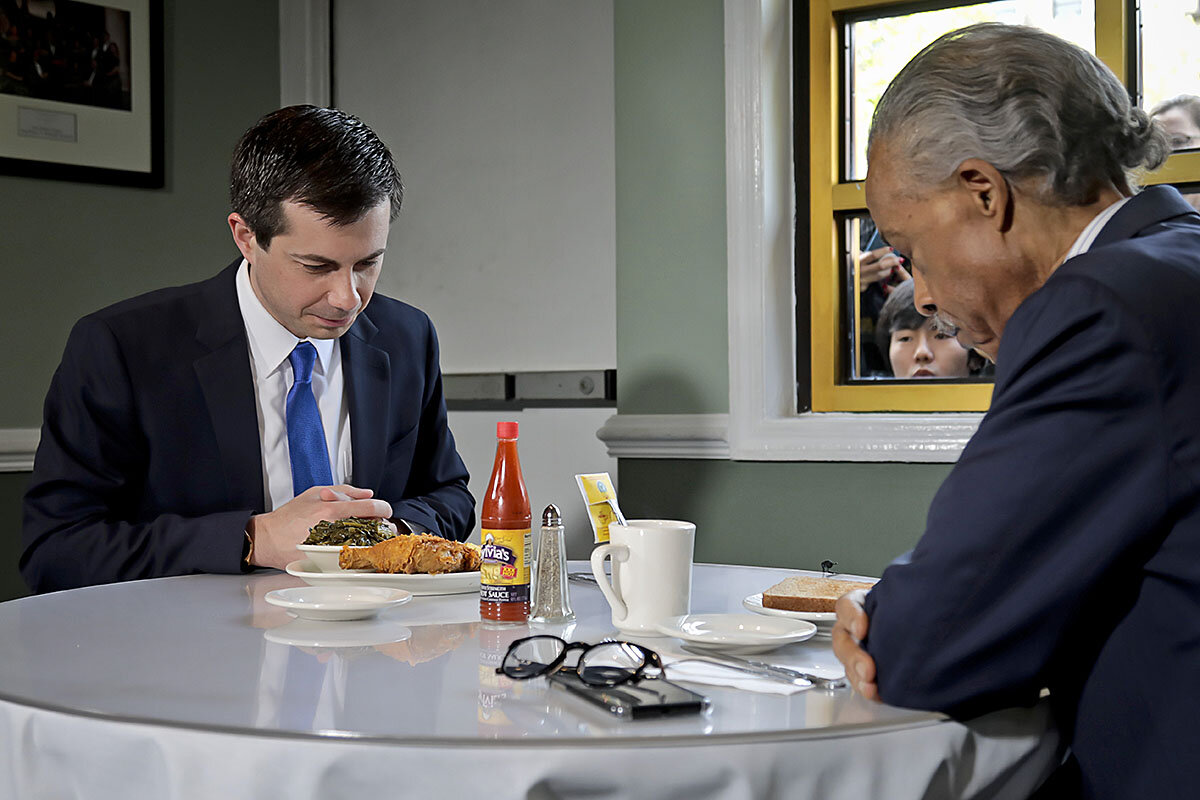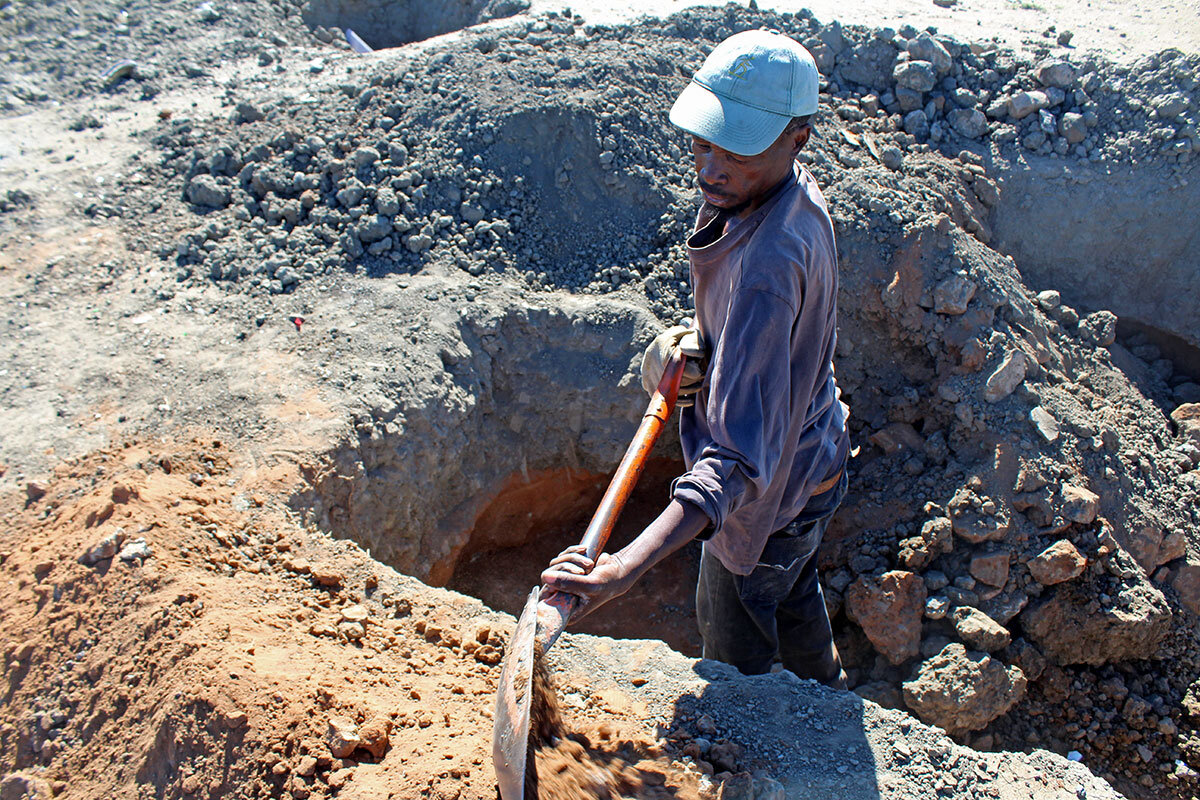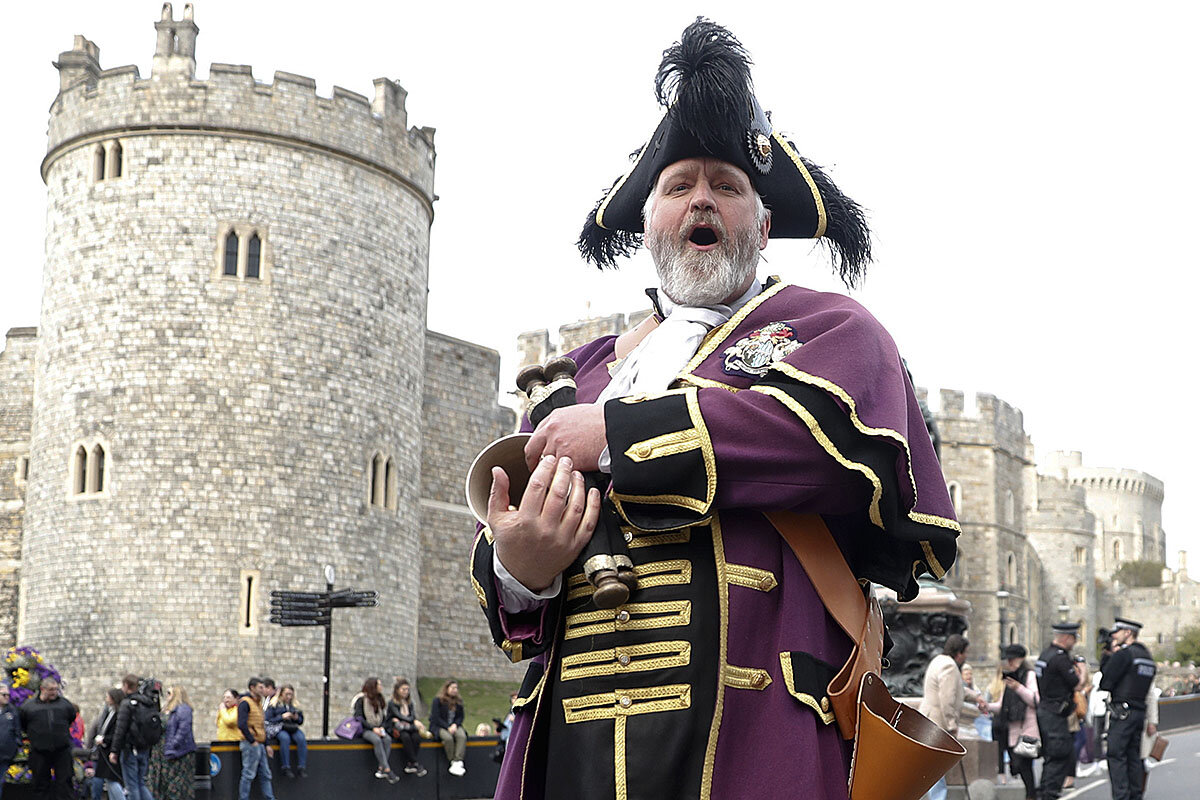In the political arena, expressions of religious faith have tended to come largely from conservatives. But with so many hot-button social issues at stake, more Democrats are sharing how faith guides their lives.
Monitor Daily Podcast
- Follow us:
- Apple Podcasts
- Spotify
- RSS Feed
- Download
 Amelia Newcomb
Amelia Newcomb
Walking through Boston in May connects me with a rite of passage that always brings a smile. Newly minted college grads float down the street, resplendent in robe and mortarboard, feet appearing to hover slightly off the ground. Admirers hover and buzz and snap photos. Someone shepherds a bouquet of flowers; younger siblings look on in awe.
Even as higher ed struggles amid a season of scandal and withering criticism, these scenes are a reminder of the good that happens on many a campus – of the power of a degree to transform lives and the act of recognizing that to bring out our better angels.
Some gestures are heart-warming. Take Stephan Wilson’s graduation from Central Michigan University. His mom, Sharonda Wilson, was of course going to be there, though it meant she’d miss her own graduation at Ferris State. But CMU President Bob Davies did a workaround. While she stood on stage at CMU alongside her son, he awarded Ms. Wilson her FSU degree. Tears flowed and the audience rose to cheer.
Other acts aim to heal a heart-wrenching wrong. In 1956, Autherine Lucy Foster became the first African American to enroll at the University of Alabama. She was expelled days later amid intense protests. But last Friday she received an honorary doctorate from the school (from which her daughter also graduated and she earned a master’s in 1992). “I sat down last night, and when I thought about it, I was crying,” she told the Tuscaloosa News. “That is a wonderful campus out there.”
Now to our five stories, which focus on bringing forward important conversations – about religion in politics, South African history, and DNA privacy.










